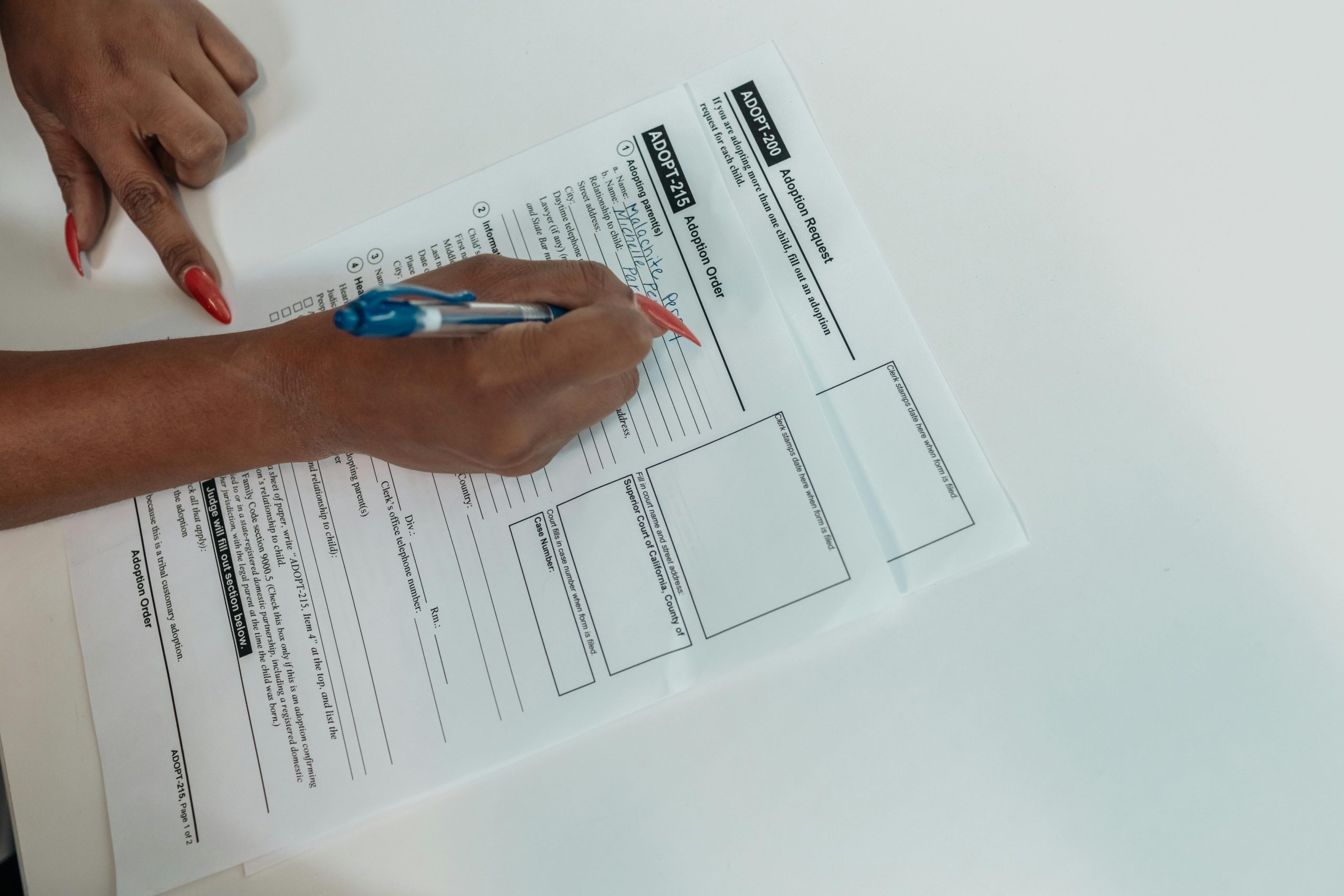Understanding Vehicle Accident Liability in Private Driveways: What Homeowners and Vehicle Owners Need to Know
If you’ve ever experienced a minor collision involving two parked vehicles in your own driveway, you’re not alone. Such incidents can raise important questions about insurance coverage, fault, and liability—especially when there are no other parties involved.
Case Scenario: A Personal Reflection
Let me share a recent experience to illustrate these issues. I live in a suburban area near Detroit, Michigan, with my fiancée and her son. My vehicle—a 2017 Ford Expedition—was parked in the driveway when an incident occurred. Her son, a 20-year-old who drives a 1974 Ford F100 project truck (which is insured and properly registered), was in the driveway as well.
The truck, which was parked uphill from my Expedition, was just briefly exited by her son. While out of the truck, the vehicle unexpectedly rolled backward and collided with the front corner of my SUV. The incident was captured on security cameras, confirming he was outside the vehicle at the time of impact.
The damage is significant: my Expedition has a flat tire, bumper damage, and possible harm to aftermarket wheels, lift components, and suspension arms. In contrast, the truck only has minor scratches. My vehicle’s insured value is between $12,000 and $14,000, with a $1,000 deductible under my comprehensive coverage.
Liability and Insurance Dilemmas
This situation raises several questions: Who holds fault here? Does homeowner’s insurance cover such a collision? Or does it fall under auto insurance? Could this be considered an act of negligence, or simply an accident? Given the circumstances, what is the most financially prudent course of action?
In Michigan, insurance policies typically specify whether coverage extends to incidents like this. Since the collision involved a parked vehicle rolling into another parked vehicle, it is generally considered an auto liability issue. Because her son was out of the truck and it moved unexpectedly, liability may hinge on whether neglect or improper parking contributed to the incident.
Insurance implications are critical. Because I have collision coverage (with a relatively high deductible), I might cover the repair costs initially, then pursue claims to recover expenses. If the incident is deemed the son’s fault, his auto insurance could potentially be responsible—yet, at 20 years old with previous at-fault incidents, liability coverage might be limited or affected.
Financial Concerns and Future Planning
Given the damage, repairing the Expedition to its original condition could be



